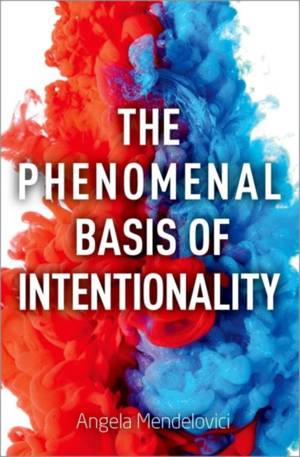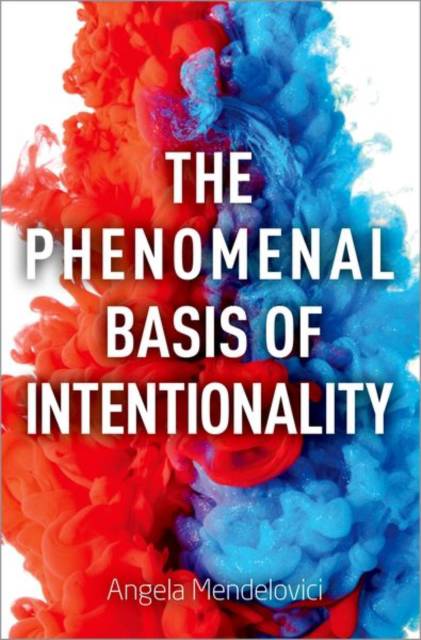
- Afhalen na 1 uur in een winkel met voorraad
- Gratis thuislevering in België vanaf € 30
- Ruim aanbod met 7 miljoen producten
- Afhalen na 1 uur in een winkel met voorraad
- Gratis thuislevering in België vanaf € 30
- Ruim aanbod met 7 miljoen producten
Zoeken
€ 177,45
+ 354 punten
Omschrijving
Intentionality is the mind's ability to be of, about, or directed at things, or to say something. For example, a thought might say that grass is green or that Santa Claus is jolly, and a visual experience might be of a blue cup. While the existence of the phenomenon of intentionality is manifestly obvious, how exactly the mind gets to be directed at things, which may not even exist, is deeply mysterious and controversial. It has been long assumed that the best way to explain intentionality is in terms of tracking relations, information, functional roles, and similar notions. This book breaks from this tradition, arguing that the only empirically adequate and in principle viable theory of intentionality is one in terms of phenomenal consciousness, the felt, subjective, or qualitative feature of mental life. According to the theory advanced by Mendelovici, the phenomenal intentionality theory, there is a central kind of intentionality, phenomenal intentionality, that arises from phenomenal consciousness alone, and any other kind of intentionality derives from it. The phenomenal intentionality theory faces important challenges in accounting for the rich and sophisticated contents of thoughts, broad and object-involving contents, and nonconscious states. Mendelovici proposes a novel and particularly strong version of the theory that can meet these challenges. The end result is a radically internalistic picture of the mind, on which all phenomenally represented contents are literally in our heads, and any non-phenomenal contents we in some sense represent are expressly singled out by us.
Specificaties
Betrokkenen
- Auteur(s):
- Uitgeverij:
Inhoud
- Aantal bladzijden:
- 294
- Taal:
- Engels
- Reeks:
Eigenschappen
- Productcode (EAN):
- 9780190863807
- Verschijningsdatum:
- 1/06/2018
- Uitvoering:
- Hardcover
- Formaat:
- Genaaid
- Afmetingen:
- 157 mm x 236 mm
- Gewicht:
- 517 g

Alleen bij Standaard Boekhandel
+ 354 punten op je klantenkaart van Standaard Boekhandel
Beoordelingen
We publiceren alleen reviews die voldoen aan de voorwaarden voor reviews. Bekijk onze voorwaarden voor reviews.











